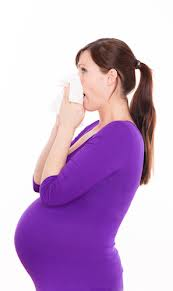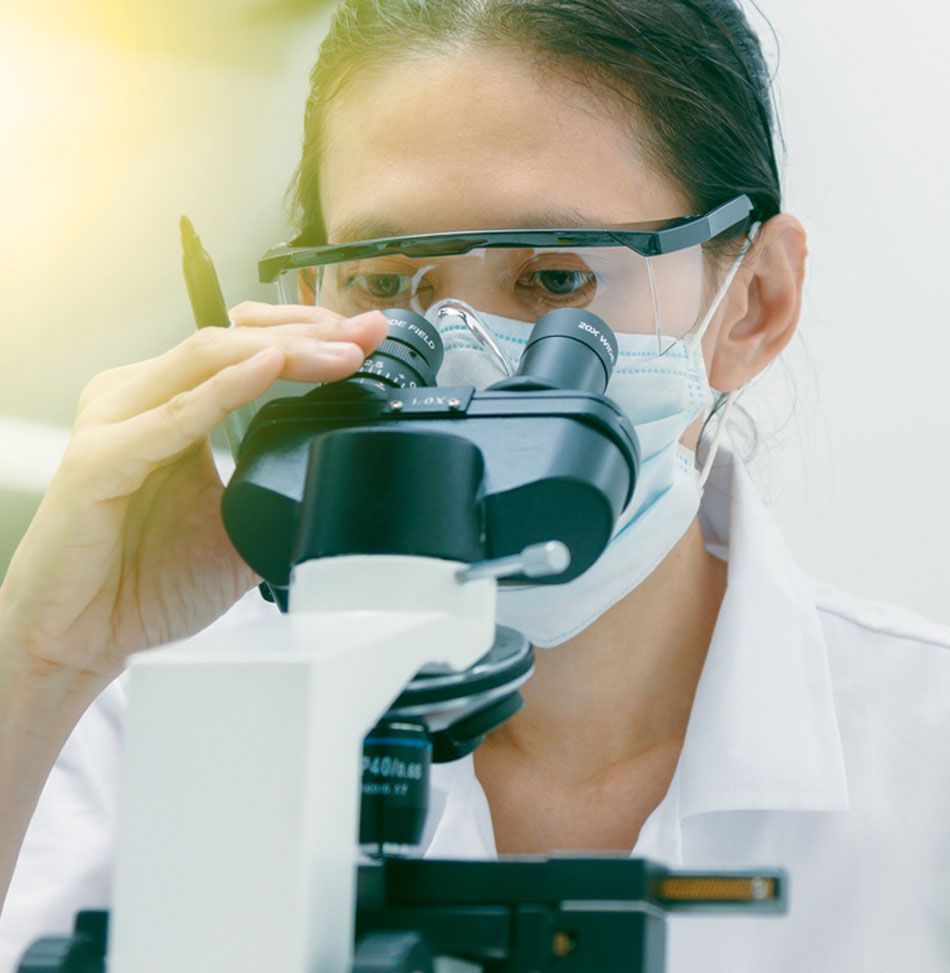About 25% of expectant mothers complain of some sort of allergic symptoms or the other during their pregnancies. It is quite common for pregnant women to get allergies during pregnancies. While some women with allergies before conceiving a child express that they undergo a dramatic hike in their allergic reactions during pregnancy, most of those with no allergies pre-pregnancy state that these reactions often only show up during pregnancy.
Allergies During Pregnancy
About 25% of expectant mothers complain of some sort of allergic symptoms or the other during their pregnancies. It is quite common for pregnant women to get allergies during pregnancies. While some women with allergies before conceiving a child express that they undergo a dramatic hike in their allergic reactions during pregnancy, most of those with no allergies pre-pregnancy state that these reactions often only show up during pregnancy.
Now why does this happen?
Pregnancy is a period when the body of a woman undergoes many changes to facilitate a baby. One of the known changes are the presence of pregnancy hormones, which helps make sure the little human within a woman gets the right environment to grow and develop into a human being. However, these hormones can cause some side effects to the mother, included but not limited to inducing morning sickness and allergic reactions.
Although the more common allergic reaction –runny nose and itching- mostly only cause discomfort to the mother without any harm to the baby, an anaphylactic shock can seriously have harmful effects to the baby.
If you do have allergic reactions, it is advised that you meet with your doctor to ask what you should do and what you should avoid to curb the risk of undergoing anaphylactic shock.
Due to the changing environments in the body, pregnant women should always consult if the medications they take to manage allergies are safe for them, even those who took the medicine before pregnancy and experienced no side effects. The effect of medication to a woman during pregnancy may change due to the ever changing environment of the body itself. Also, it is not advised to start receiving allergic shots during pregnancy, because doing so can trigger huge changes in the already fluctuating body of a pregnant woman.
It is said that the best defense to allergies is – good offence. Stay away from dusty areas, or areas which will logically contain more allergens that will otherwise trigger an allergic reaction. Consult your doctor to confirm safe methods of managing allergies, to ensure that the fetus isn’t harmed.
(Source: http://www.whattoexpect.com , http://allergies.about.com)



